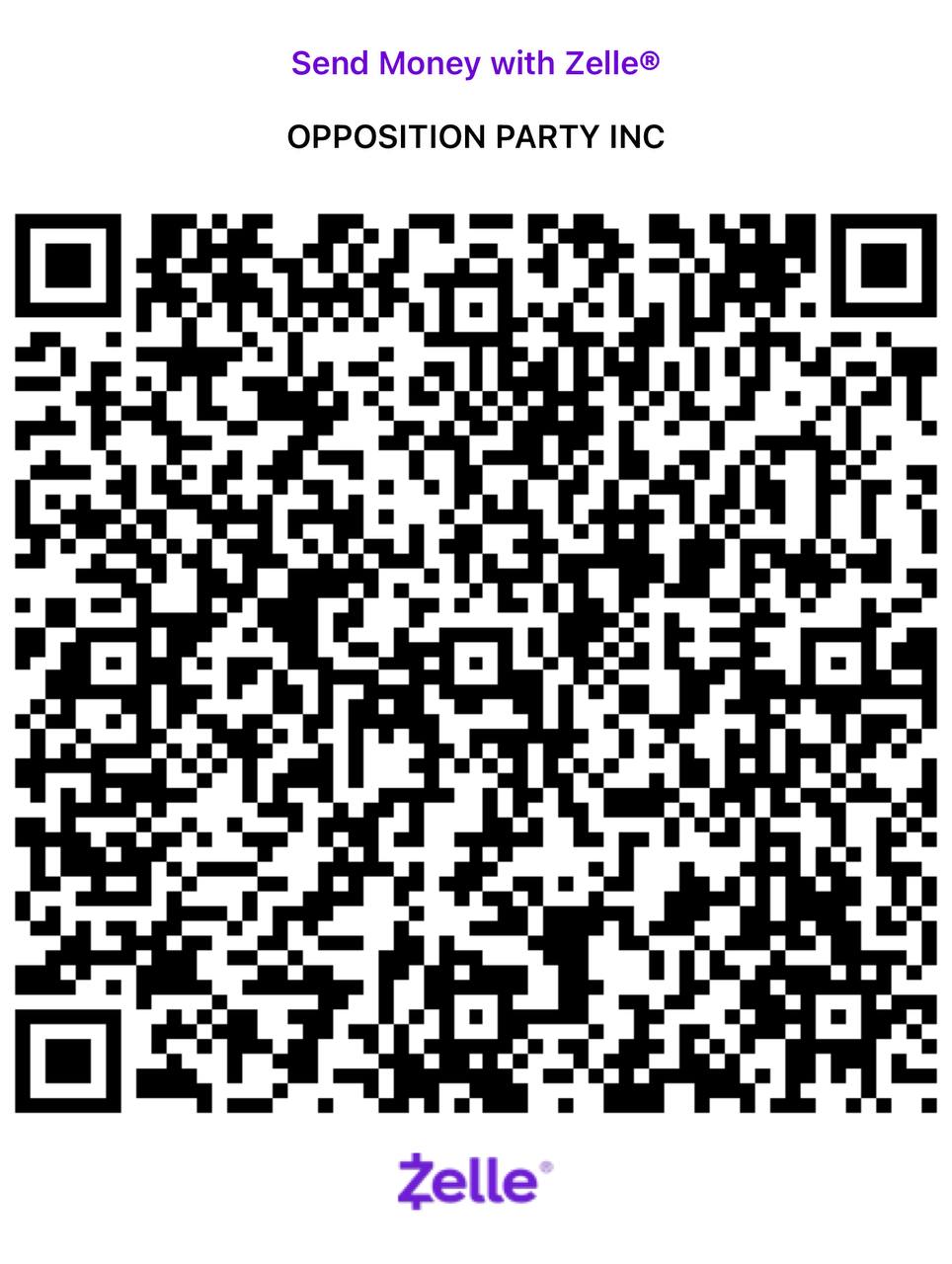作者:任梦醒
编辑:Geoffrey Jin 责任编辑:胡丽莉 校对:熊辩 翻译:刘芳
我叫任梦醒,曾在中国做了十二年老师,如今是加州的一名公证员,也是一名基督徒,更是两个孩子的母亲。我的人生经历横跨两个世界——一个被谎言与恐惧笼罩的中国,和一个以信仰与自由为光的美国。
在中国的课堂上,我亲眼看见教育如何被共产党用来塑造顺从的灵魂。课程的目的不是启发思考,而是灌输忠诚。教师必须谨慎言辞,不能讲述信仰,也不能表达独立见解。教材里的历史被修改,真相被掩盖,学生从小被教导“听话”,却被剥夺了思考与质疑的能力。那样的教育让人逐渐失去追求真理的勇气。作为教师,我常常在心底问自己:教育的意义,难道只是培养服从的奴隶?
更让我心痛的,是对信仰的全面打压。在我所在的城市,政府发布通告,明确规定:凡举报所谓“非法宗教聚会”的人员,可根据事件的“危害程度”获得三百至一千元人民币的奖励。那份通告不仅张贴在社区公告栏,还被社区工作人员在各小区微信群里反复转发,甚至要求居民积极举报“可疑宗教活动”。那一刻,我深切地感受到,这种打压已经渗透到每个角落——不再只是政治命令,而是一场被动员的社会监控。祷告成了危险的行为,信徒成了潜在的“举报对象”。牧师被带走,信徒被监控,教堂被拆毁,儿童被禁止进入教会。当信仰被定义为威胁,当祷告也要被监视,我终于明白:他们害怕的,不是宗教,而是觉醒的灵魂。
离开中国后,我终于踏上了自由的土地——美国。第一次带着孩子走进教堂,看他们自由祷告、唱诗赞美上帝时,我泪流满面。这里的教育鼓励提问与思考;这里的社会尊重信仰与人性。阳光透过教堂的彩窗洒在我脸上,那一刻,我心中充满感恩——感谢上帝带我从黑暗的课堂,走进信仰的光明。
作为教师,我愿为真理发声;作为母亲,我要让孩子在信仰与爱中成长;作为基督徒,我更要见证:粉笔可以被擦去,但真理不会被抹灭;黑暗可以遮蔽一时,但十字架的光,终将照亮那片仍被谎言笼罩的土地。
Chalk and the Cross — The Spiritual Rebirth of a Chinese Teacher
Author: Ren Mengxing
Editor: Geoffrey Jin Executive Editor: Hu Lili Proofreader: Xiong Bian Translator: Liu Fang
My name is Mengxing Ren. I worked as a teacher in China for twelve years. Today, I am a notary public in California, a Christian, and the mother of two children. My life spans two very different worlds — one shrouded in lies and fear, and the other illuminated by faith and freedom.
In the classrooms of China, I witnessed firsthand how education was used by the Communist Party to shape obedient souls. The goal of the curriculum was not to inspire independent thought but to instill political loyalty. Teachers had to be cautious with every word; they could not speak about faith or express personal opinions. History in textbooks was rewritten, the truth concealed, and students were taught from an early age to “obey,” while their ability to think and question was quietly taken away. Such an education slowly eroded the courage to seek truth. As a teacher, I often asked myself in silence: Is the purpose of education merely to produce obedient servants?
What pained me even more was the comprehensive suppression of faith. In my city, the local government issued a public notice stating that anyone who reported so-called “illegal religious gatherings” could receive a cash reward of 300 to 1,000 yuan, depending on the “severity” of the case. The notice was not only posted on community bulletin boards but was also repeatedly circulated by community workers in neighborhood WeChat groups, urging residents to report “suspicious religious activities.” At that moment, I deeply felt how such persecution had penetrated every corner of society — no longer just a political order, but a mobilized system of social surveillance. Prayer became a dangerous act; believers became potential “targets of reporting.” Pastors were taken away, worshippers were monitored, churches were demolished, and children were forbidden to enter places of worship. When faith was defined as a threat and prayer itself had to be watched, I finally understood: what the regime fears is not religion, but the awakening of the human soul.
After leaving China, I finally set foot on a land of freedom — the United States. The first time I took my children into a church and watched them pray and sing freely to praise God, tears streamed down my face. Here, education encourages questioning and critical thinking; here, society respects both faith and humanity. As sunlight filtered through the stained-glass windows of the church and fell upon my face, my heart was filled with gratitude — gratitude to God, who led me out of the darkness of the classroom and into the light of faith.
As a teacher, I will speak for the truth. As a mother, I will raise my children in faith and love. And as a Christian, I will bear witness: chalk can be wiped away, but truth can never be erased; darkness may conceal the light for a while, but the glow of the cross will one day shine upon that land still veiled in lies.


杨长兵-rId5-900X743.png?w=218&resize=218,150&ssl=1)
卢超-rId5-480X280.jpeg?w=218&resize=218,150&ssl=1)
于越-rId4-1267X950.png?w=218&resize=218,150&ssl=1)
孔德翠-刘虎,支持你!-rId5-908X1666.png?w=218&resize=218,150&ssl=1)

钟然-rId7-911X672.jpeg?w=100&resize=100,70&ssl=1)

